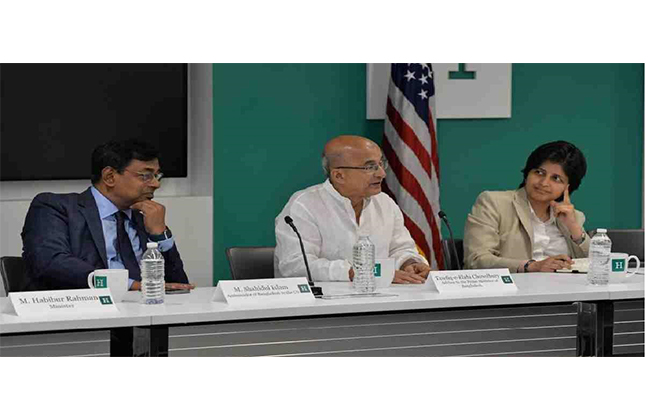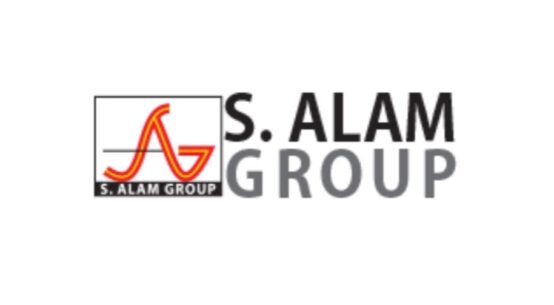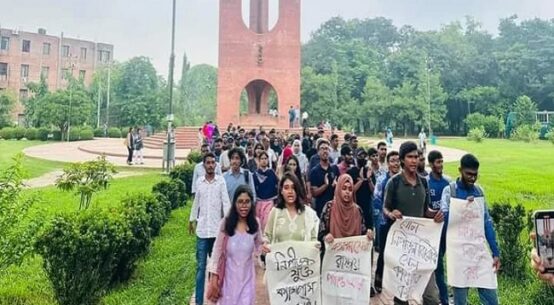
Adviser to the Prime Minister for Power, Energy and Mineral Resources Dr Tawfiq-e-Elahi Chowdhury has expressed optimism to overcome the ongoing power and energy crisis in the country created due to Russia-Ukraine war.
The Energy Adviser was speaking at a roundtable titled “Energy security and development challenges for developing countries: Bangladesh case” organised by Hudson Institute, a think tank, in Washington DC recently, said the Embassy on Thursday.
Bangladesh Ambassador to the United States M Shahidul Islam and other officers of the Embassy were present at the event.
Dr Aparna Pande, Director of the Initiative on the Future of India and South Asia at the Hudson Institute, moderated the roundtable.
Dr Chowdhury said the problem of electricity and energy is not alone for Bangladesh, it is now a global problem.
The problem could be solved if we all irrespective of parties and opinions including media make efforts together, he observed.
Dr Chowdhury said the blow that has come to the world due to price hike of energy and shortages of its supply, also hit Bangladesh.
In this context, he urged the world community to come forward to find out a solution to this global crisis, saying it should raise voice of concern loudly to end Russia-Ukraine war.
The Energy Adviser highlighted unprecedented development in the energy sector in Bangladesh that took place over the last 13 years under the dynamic and visionary leadership of Prime Minister Sheikh Hasina.
He said electricity has reached to every house of the country, and the country’s economy is progressing fast as power and energy have been making huge contributions to agriculture and industrial sectors.
Dr Chowdhury mentioned that to reduce dependence on fossil fuel, the government has taken pilot projects to boost production of renewable energy like solar power, while Bangladesh is working on cooperation with neighbouring countries for harnessing hydropower.
Representatives from US Department of State, House Foreign Affairs Committee, US-Bangladesh Business Council, National Bureau of Asian Resources, US Institute of Peace and Atlantic Council joined the hour-long roundtable.


